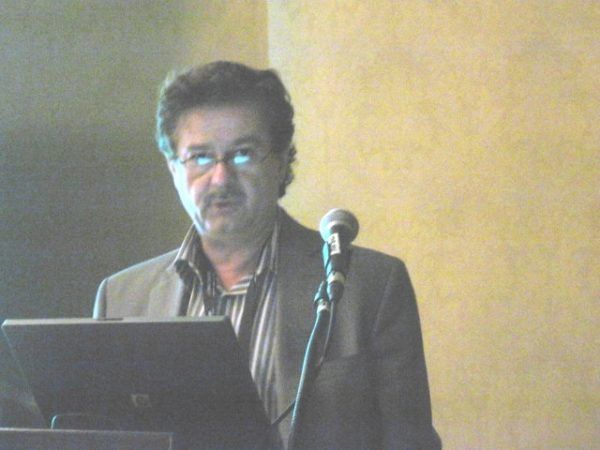
Do you remember flying before September 11th, 2001? How about mid-way through the last decade? The changes to the airline business after 9/11 were easy to discern. Flying became a chore and people simply flew less. Globally, the airlines experienced a $22-billion revenue drop between 2000 and 2001.
By 2005, airlines had begun to experiment with ways to replace lost revenue. According to one expert, we have now, as customers, become fully acclimatized to the idea that if we want something on a plane, we’re going to have to pay for it.
Speaking at the M Partners Annual Technology and Communications Investor Conference at Toronto’s Royal York Hotel last week, Tom Douramakos, President and CEO of Guestlogix (TSX:GXI) says those little extras; a fee for your second bag, a surcharge for reserving your seat in advance, are actually saving the industry, producing close to $60 billion in revenue last year. Without this ancillary revenue, the airline industry would still be a losing game.
But that’s low-hanging fruit, says Douramakos. In order to sustain the industry airlines are going to have to find ways to produce revenue without increasing the weight of the plane. In other words, non-physical items such as theatre or transportation tickets.
That’s where Guestlogix comes in. The Toronto company was formed in 2002 and has since become a dominant player in the business of delivering ancillary revenue to airlines, with contracts to service more than a billion trips annually. Guestlogix revenue has grown from just $5.43 million in fiscal 2007 to $25.72 million in FY2010. The company graduated to the TSX on March 1st of last year.
While Guestlogix has become the go-to provider, particularly in the North American market, it has done so on the back of food and beverage, says Douramakos. He sees a brighter future for the company because he sees the average transaction size on-board airplanes increasing. “The average food and beverage purchase is about $12.” he says. “The average Duty Free purchase is about $27.” But when someone purchases theatre tickets, he points out, the transaction value is much higher; about $230 . Today, for every dollar Guestlogix processes, they make about four cents.
These larger transactions are much more common in the Asia Pacific region, says Douramakos. Despite nabbing one key partner, Quantas, so far, the company has only about a 10% footprint in the region. Guestlogix is pinning a lot of its growth on its expansion there, and that move will continue into 2012. New data from Frost and Sullivan suggest the strategy might just have legs beyond 2012 as well. According to San Antonio based research firm Frost and Sullivan, the Asia-Pacific region is leading the aviation recovery and is now expected to produce 40%, or $270 billion of the global airline revenue by 2020.
___________________________________________________________________________________________________________________
___________________________________________________________________________________________________________________
Leave a Reply
You must be logged in to post a comment.






 Share
Share Tweet
Tweet Share
Share




Comment